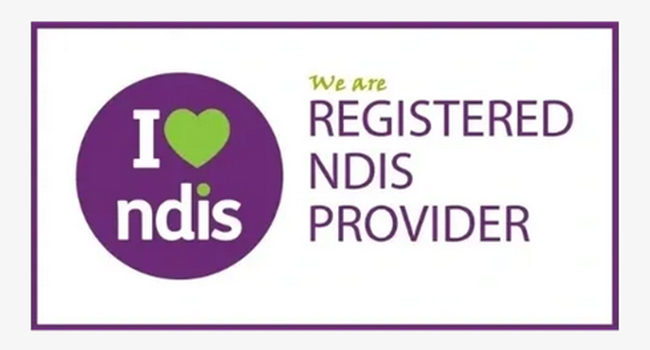Transportation Assistance !
Our Services
NDIS Transportation Assistance :

Transportation assistance is a crucial aspect of support services provided under the National Disability Insurance Scheme (NDIS). This assistance aims to address the unique transportation needs of individuals with disabilities, ensuring they can access community activities, employment, education, and healthcare. NDIS support providers play a significant role in offering transportation assistance to enhance the independence and social inclusion of participants. Here are key elements related to transportation assistance for NDIS:
1. Accessible Transport Coordination:
Coordinating and arranging accessible transportation options that meet the specific needs of individuals with disabilities.
NDIS support providers can assist participants in identifying and scheduling accessible transport services, including modified vehicles, wheelchair-accessible transportation, or other suitable options.
2. Travel Training:
Providing training to individuals with disabilities on how to use public transportation independently and safely.
Support providers may offer travel training sessions to teach participants skills such as reading transportation schedules, navigating public transit, and using mobility aids during travel.
3. Assistance with Transport Costs:
Providing financial support or coordinating funding to cover the costs associated with transportation.
NDIS support providers can assist participants in budgeting for transport costs, accessing relevant NDIS funding, and exploring available subsidies or concessions.
4. Door-to-Door Transport Services:
Offering door-to-door transportation services, especially for individuals who may face challenges accessing standard public transport.
Providers can arrange or offer door-to-door transportation services, ensuring that individuals are picked up from their residence and transported to their destination with attention to their specific mobility needs.
5. Community Transport Services:
Connecting individuals with community-based transport services that cater to the needs of people with disabilities.
NDIS support providers can assist in identifying and accessing local community transport services, ensuring that participants can engage in community activities and events.
6. Vehicle Modifications:
Modifying vehicles to make them accessible for individuals with mobility challenges, such as installing ramps or lifts.
Providers can assist participants in assessing their transportation needs and, if necessary, coordinate vehicle modifications to enhance accessibility.
7. Assistance with Transport Planning:
Collaborating with participants to create personalized transport plans that align with their goals and daily activities.
NDIS support providers can work with individuals to develop transport plans that consider their schedule, preferred modes of transport, and any specific requirements related to their disability.
8. Emergency Transport Planning:
Developing contingency plans for emergency situations, ensuring that individuals with disabilities have access to transportation when needed urgently.
Providers can work with participants to create emergency transport plans, identifying available resources and contacts for urgent transportation needs.
In summary, transportation assistance for NDIS participants involves a comprehensive approach to address the unique mobility requirements of individuals with disabilities. NDIS support providers play a pivotal role in coordinating accessible transport options, providing training, and ensuring that participants can travel safely and independently to various destinations in their community.
